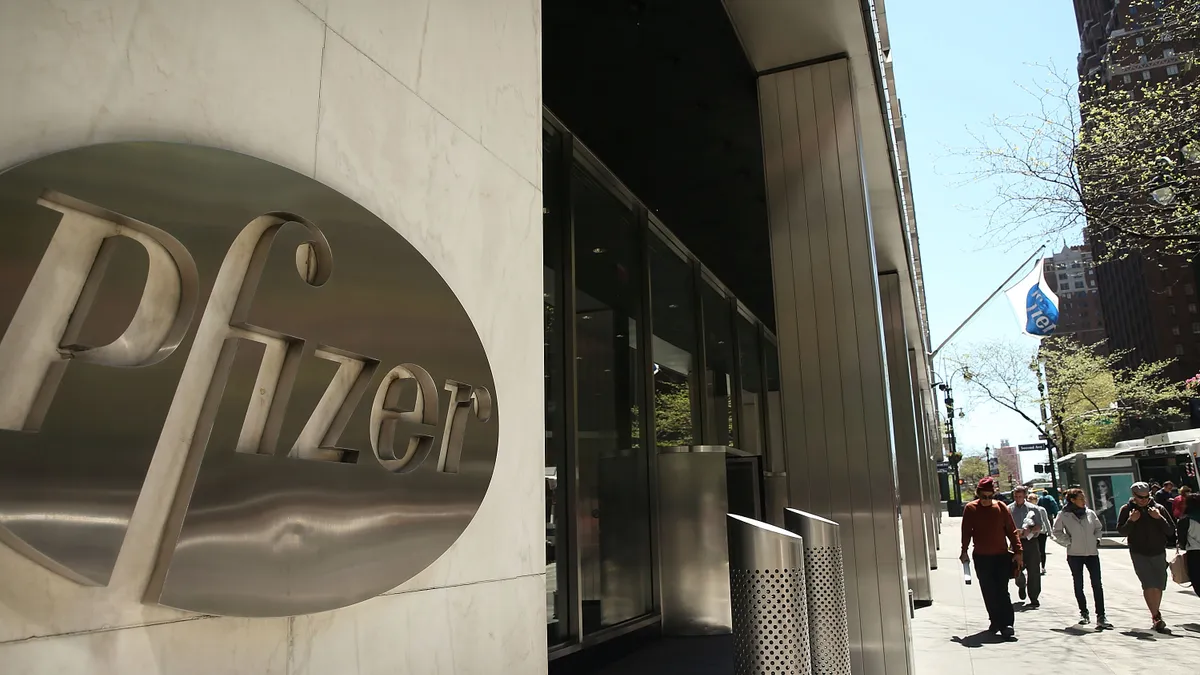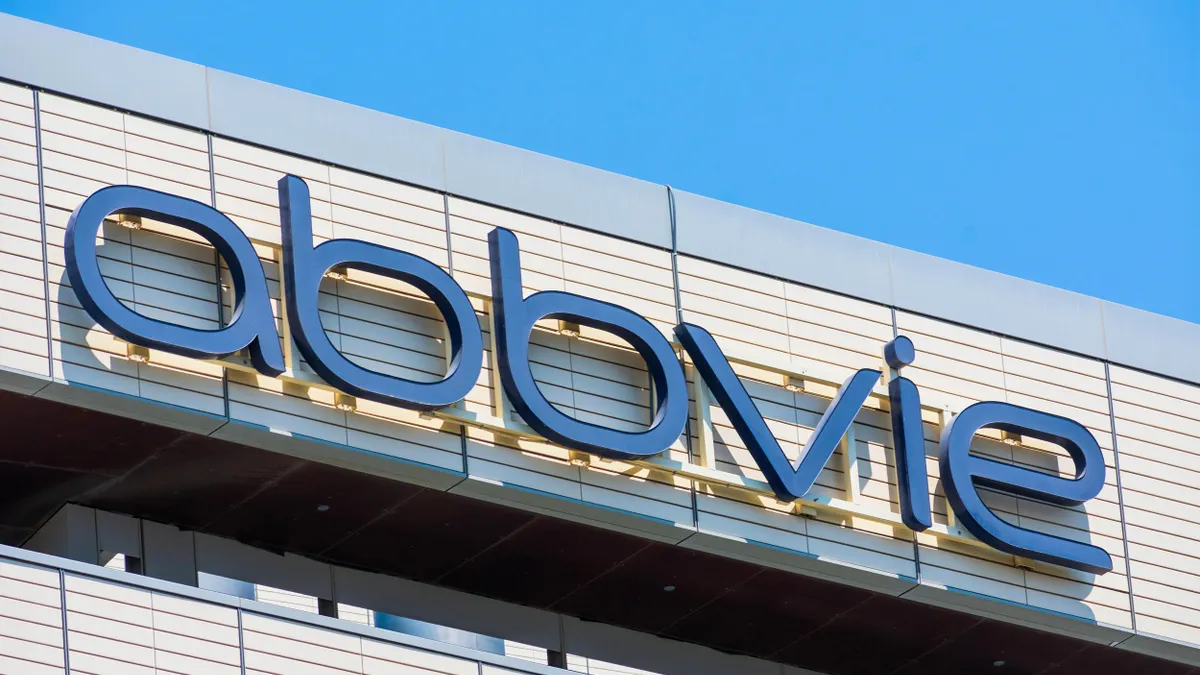Big Pharma will need to pony up for some of its biggest price hikes. The industry expects invoices from the government later this year as a penalty for raising drug prices faster than the rate of inflation.
Drug companies are required to pay inflation penalties to Medicare when prescription drug prices increase faster than the rate of inflation for certain drugs. The requirement is part of the Inflation Reduction Act, and the latest round of penalties announced in June includes 64 drugs, several of which come from Big Pharma.
The list of treatments doesn’t overlap with the first 10 drugs that are up for price negotiations with Medicare, which is a separate provision of the IRA. Those price adjustments are currently in negotiations and will become effective in 2026.
The inflation-related rebates are based on average sales price, and drug companies are required to pay Medicare the difference if the price rises faster than the inflation rate, equal to the amount of units sold to Medicare. The rebates are deposited into the Medicare Trust Fund, and people with the government-run insurance plan will see temporary savings on their coinsurance rates to make up the price difference. From July 1 through Sept. 30, people with Medicare will see savings as high as $4,593 per day depending on the drug, the CMS said.
The rebate program began last year, when Medicare required payment for 46 drugs. The latest round includes several blockbuster drugs from Big Pharma. While pharma companies are also grappling with price negotiations, here are three cancer treatments on the rebate list that pharma giants will need to account for.
Adcetris — Pfizer
Adcetris was Seagen’s top-selling drug when Pfizer acquired the pharma company for $43 billion late last year. Revenue reached $279 million during the second quarter of 2024, according to Pfizer’s earnings report this week, up from $257 million in the first quarter.
As a result of landing on the CMS’ inflation penalty list, the inflation-adjusted coinsurance percentage of Adcetris, an antibody-drug conjugate for Hodgkin lymphoma, will drop from 20% to 18.6%, giving recipients temporarily lower costs for themselves, the agency said.
Despite the penalties directed at Adcetris, Pfizer CEO Albert Bourla noted the IRA isn’t all bad news for the company thanks to a potential volume increase on vaccines related to cost-sharing with Medicare recipients.
Abecma, Breyanzi —Bristol Myers Squibb
The CAR-T cell therapy Abecma hasn’t yet reached blockbuster status for Bristol Myers Squibb and partner 2seventy bio since it was approved in 2021 for multiple myeloma. The therapy reached $388 million in revenue in 2022, but revenue has since taken a dip with rising CAR-T competition, falling to $358 million in 2023.
Still, Abecma could be due for growth, as 2seventy bio announced a new strategic path focused on commercialization at the start of the year that includes expanding the label.
Also on the penalty list is BMS’ Breyanzi, a CD19-directed CAR-T cell therapy approved for B-cell lymphoma. Revenue totaled $303 million in 2023, up from $182 million in 2022. The company snagged U.S. approval in follicular lymphoma and mantle cell lymphoma this year, and sales are expected to increase in the coming years. In the first six months of the year, Breyanzi revenue is up 52%.
The inflation penalties are not the only government initiative set to impact BMS drug prices. The company is separately facing pressure from the IRA price negotiations with the blockbuster blood thinner Eliquis in the first wave of 10 drugs. Developed with Pfizer, Eliquis reached $12.2 billion in 2023 revenue, according to BMS’ end-of-year earnings. However, the company is still bullish on the drug’s short- and medium-term value now that price negotiations are likely set in stone, executives said.
Padcev —Pfizer, Astellas Pharma
The CMS called out the bladder cancer drug Padcev from Pfizer and Astellas Pharmaceuticals for an egregious price hike. The drug’s price has increased faster than the rate of inflation every quarter since the Part B rebate program went into effect. As a result, the CMS has adjusted the coinsurance rate since 2023 so Medicare recipients are paying lower amounts to account for the price hikes.
“A beneficiary taking Padcev as part of their cancer treatment may have saved as much as $1,181 from April 1, 2023, through March 31, 2024, depending on their coverage and course of treatment,” the CMS said in a press release.
Along with Adcetris, Padcev was another drug Pfizer acquired in the Seagen deal to bolster its oncology portfolio. During the second quarter of 2024, revenue for Padcev reached $394 million, according to the company’s earnings report released this week. Revenue was better than forecast by analysts and contributed to Pfizer raising its full-year revenue guidance from $59.5 billion to $62.5 billion, Reuters reported.
















